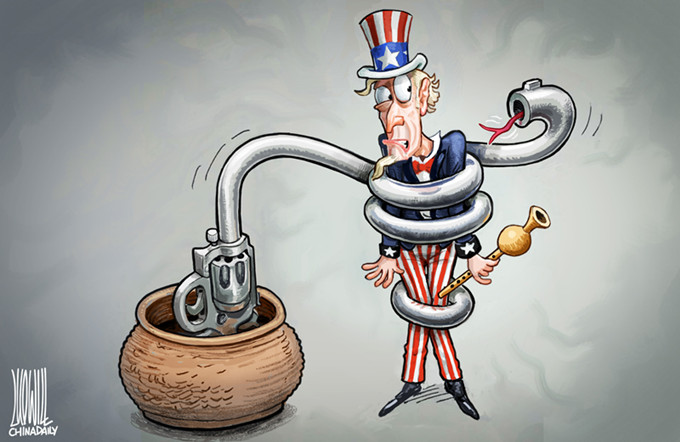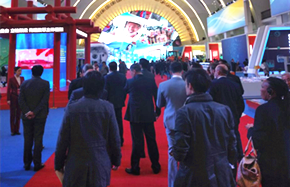Diplomacy in full swing in new era
Keep promoting free trade, multilatelarism
 |
|
Shen Minghui, a professor at the National Institute of International Strategy, Chinese Academy of Social Sciences |
Apart from endorsing the FTAAP and proposing the Belt and Road Initiative, China holds innovation in high esteem while it eases the limits on foreign ownership of financial services groups, which will allow foreign companies to hold a majority stake in joint ventures with Chinese securities companies and life insurers. "We will grant more powers to pilot free trade zones to conduct reform, and explore the opening of free trade ports", said Xi in a keynote speech at the APEC CEO meeting in Da Nang.
Opening up the financial service sector, in particular, ranks high on the list of the public goods China provides to the international community. But one party alone cannot keep the regional economic cooperation well and alive. Still, by setting an example of experimenting free trade principles, China has kept reversals at bay.
While APEC seems miles away from achieving its 1994 Bogor Goals-of building an area of open trade and investment by 2020-it is critical to get more economies, particularly the US, on board for other viable alternatives. A trans-Pacific consensus on the FTAAP, for one, would be a promising start.
The Comprehensive Progressive Trans-Pacific Partnership, a plan put together by the remaining 11 TPP members in the absence of Washington, too, may go unfulfilled, as no substantive negotiations have been held. It is more of a backup plan for Washington's return, for which a clear timetable has not yet been set.
And even though the argument that the US is on way to isolationism is weak because of the country's low tariff and vibrant service sector, China should continue promoting multilateralism and free trade while focusing on opening-up experiments at home.
- Open up new vision for diplomacy with Chinese characteristics in the new
- EU could take a leaf out of China's book on diplomacy
- EU could take a leaf out of China's book on diplomacy
- Diplomacy will be more effective in new era
- Diplomacy will be more effective in new era
- Xi's APEC summit attendance, Vietnam visit to show characteristics of Chinese diplomacy: ambassador



















